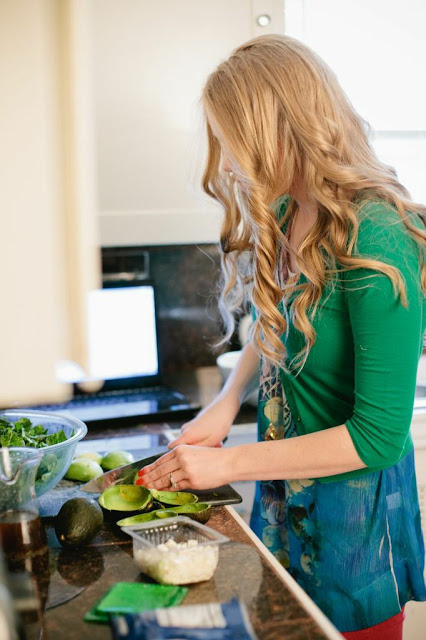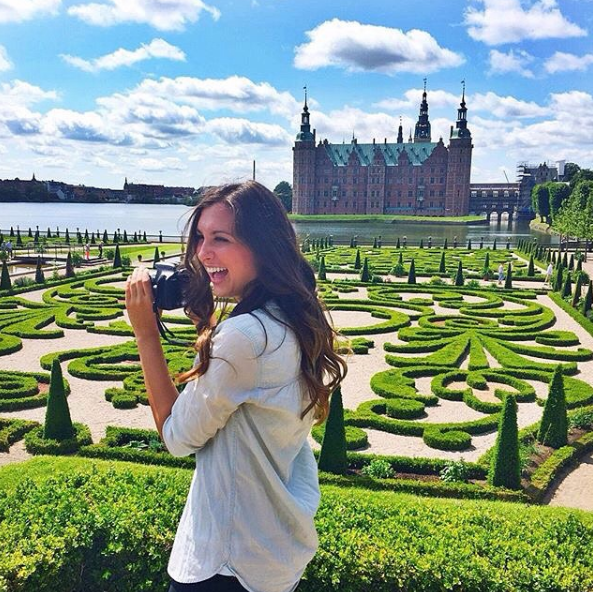When I was a kid it was completely normal for me to spend one weekend with my mom’s side of the family, roasting a goat in a pit in the driveway, surrounded by fruit trees and watching Telemundo. It was also normal for me to spend a Sunday with my dad’s relatives, lounging in a million-dollar home, playing video games and feasting on all-American roast and potatoes.
I felt equally comfortable in either situation, and I loved both sides and their quirks. My heritage was something I was proud of, and even if some people didn’t believe that my brother (dark-skinned with thick, curly hair) was the offspring of my father (extremely white and balding), I liked the fact that my family was a little different from my friends’ families.
Race was not something I thought much about until high school. Debate over illegal immigration was heating up in 2006, and my Southern California high school was exploding with teenagers eager for a fight against those different from themselves. With the student body split between proud Hispanic kids and proud white kids, I was caught watching from the sidelines as both sides attacked each other verbally and physically.
What was I supposed to do when people in my classes were telling me that all Mexicans were dirty and needed to “go home”? Or when I walked through a hallway and heard angry whispers about white girls?
As a shy and insecure 15-year-old, I didn’t do much. I stood up once in a class to speak out against a teacher and was promptly shut down.
What disturbed me most was the fact that some of my friends just didn’t try to understand the other side at all. When conflict escalated, they drew back into believing stereotypes. It hurt to see people I liked becoming their worst selves as they tore down others.
As debate about racial inequality continues to come up in the news and racial tensions rise, I hope that people remember that when it comes down to it, we’re all the same. Cultures differ, and there is something to be said about belonging to a group that’s similar to you in appearance and belief, but we can always try to understand people who are different than we are.
Every once in a while I catch people looking at me for a while with a puzzled look on their faces before they ask, “What are you, anyway?”
Sometimes I respond, “Human. And you?” Sometimes I let them guess. I’ve gotten Persian, Asian, Greek and Aboriginal Taiwanese, to name a few.
I’ll be honest, I’m not sure what race means. My skin is dark because some of my ancestors were indigenous people from Central America. I think what’s most important is that I was raised in a home where cultures blended, and I was able to see the best of two very different worlds. If that’s what being raised in a mixed-race family did for me, then I’m grateful.




